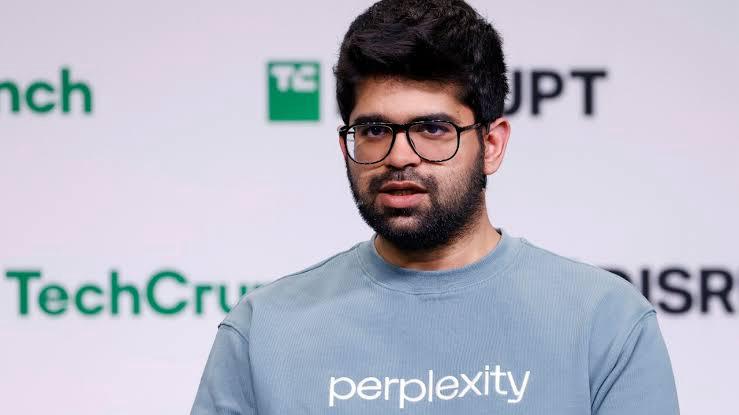Perplexity AI CEO Aravind Srinivas declared that the internet is “too important to be left in Google’s hands,” promoting his company’s new AI-powered Comet browser. While acknowledging Google Chrome’s dominance, Srinivas emphasized the need for open competition and smarter tools, sparking debate over tech monopolies and the future of browsing.
Reclaiming the Web: Aravind Srinivas Pushes Back Against Google’s Internet Monopoly
In a bold statement that’s ignited conversation across the tech world, Aravind Srinivas, CEO of Perplexity AI, said the internet is too important to be left in Google’s hands. His remarks came as part of a promotional campaign for Comet, Perplexity’s newly launched AI-first web browser, designed to challenge Google Chrome’s dominance.
Srinivas’s comments reflect growing concerns over centralized control of digital infrastructure, and signal a push toward open, AI-enhanced alternatives.
Key Highlights from the Announcement:
Comet Browser’s Mission
Built on Chromium, Comet blends familiar browsing features with AI-powered productivity tools, aiming to make online research smarter and more personalized.
Srinivas envisions Comet as a transparent, user-first alternative to Google Chrome.
A Reality Check from the Internet
Despite his ambitions, Srinivas admitted that Google Chrome still holds a commanding lead, referencing a recent X poll where Chrome edged out Comet by just 0.4%.
He called the result “a great start,” but acknowledged there’s “a lot more work to do.”
$34.5 Billion Offer to Buy Chrome
Earlier this year, Perplexity made headlines with a $34.5 billion bid to acquire Google Chrome, a move widely seen as symbolic but underscoring the startup’s intent to disrupt the status quo.
Dig at OpenAI’s Atlas Browser
Srinivas also took a veiled jab at OpenAI’s Atlas browser, posting “Just woke up. Did I miss anything?” after its launch, suggesting a brewing rivalry in the AI browser space.
Why It Matters
The comments and product launch reflect a broader movement toward decentralizing internet access, challenging monopolies, and empowering users with smarter, privacy-conscious tools.
As AI reshapes how we interact with the web, Srinivas’s push for Comet signals a new chapter in browser innovation, where competition and transparency may redefine the future of online exploration.
Sources: India Today, Times of India

